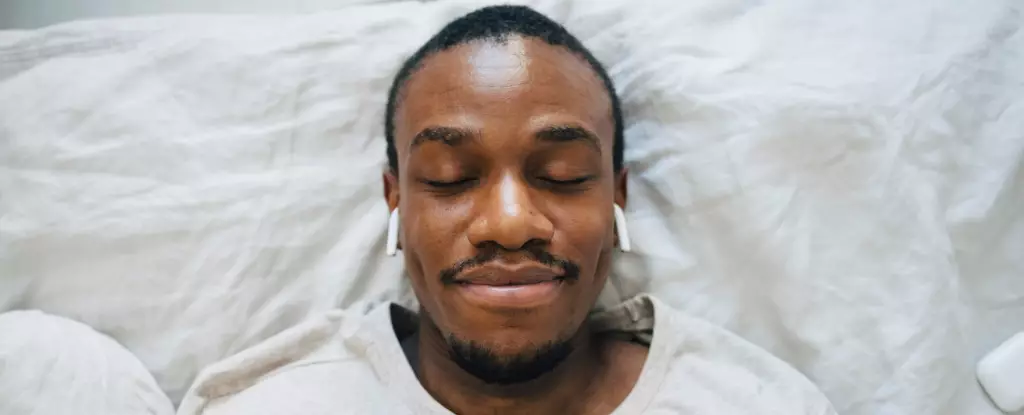Neurogenesis, the process of generating new neurons, has historically been associated with developmental stages of life, primarily during infancy and early childhood. However, contemporary research has shattered the long-standing belief that neurogenesis ceases after early maturation. Despite being a rare phenomenon, the birth of new neurons in adult brains is a captivating area of study that holds promising implications for cognitive function and mental health, challenging traditional perspectives in neuroscience.
For decades, it was widely accepted that individuals are born with a fixed number of neurons, with most neuronal development occurring in the early years. Current research, however, reveals that certain regions of the brain, particularly the hippocampus, are capable of generating neurons throughout adulthood. Although the rate of neurogenesis diminishes significantly compared to early life, this process has been associated with various cognitive functions, particularly learning and memory. Scientists are still unraveling the complexities and implications of neurogenesis in adults, leading to debates about its significance in cognitive health as we age.
Recent studies suggest that neurogenesis may be particularly important in the context of cognitive decline associated with age-related diseases, such as Alzheimer’s disease and other dementias. Patients with such neurological disorders appear to exhibit noticeably reduced neurogenesis compared to healthy individuals. However, the direct link between diminished neuron production and cognitive challenges faced by these patients remains an area of ongoing exploration. Understanding this relationship is critical in refining therapeutic approaches for cognitive enhancement and neuroprotection.
A collaborative effort among researchers, neurologists, and neuropsychologists has turned the spotlight on the relationship between adult neurogenesis and cognitive performance. Studies focused on patients suffering from drug-resistant epilepsy provide a unique opportunity to delve deeper into this relationship. By examining brain tissue samples surgically collected during treatment procedures, researchers were able to investigate the presence of new neurons and their association with specific cognitive functions.
Findings from these studies have revealed a compelling link between the generation of new neurons and improvements in verbal learning. This discovery is particularly engaging because it diverges from the established understanding gained primarily from studies on animal models, such as mice, where new neurons were linked more closely to navigation and visual learning. This points to a species-specific aspect of neurogenesis, highlighting the importance of conducting research in humans to gain accurate insights regarding cognitive implications.
Cognitive decline is a pressing concern, especially in aging populations where conditions like dementia pose an escalating burden on healthcare systems worldwide. The capacity to learn from conversations and effectively engage in dialogue forms a core component of daily interactions. As this ability wanes with age and the onset of neurological disorders, the necessity for effective interventions to combat cognitive decline becomes paramount.
The groundbreaking connection made between newly formed neurons and enhanced verbal learning suggests that fostering neurogenesis could be vital in developing treatments aimed at maintaining cognitive health. The potential of interventions targeting neurogenesis invites innovative strategies, such as engaging patients in routines and activities that promote physical health and stimulate brain function.
While the future of neurogenesis research stands on the brink of transformation, the journey toward applicable treatments is still in its infancy. Current efforts focus on understanding how to effectively stimulate new neuron production in patients with conditions like epilepsy or neurodegenerative diseases. One exciting avenue currently being explored is the role of aerobic exercise in enhancing neurogenesis. Early clinical trials are underway, assessing the safety and efficacy of exercise interventions in boosting cognitive outcomes through increased neuron generation.
This approach promises to integrate laboratory findings with practical applications in clinical settings, fostering an environment for rich scientific investigation. Enhancing our understanding of neurogenesis provides a promising pathway toward innovative solutions for age-related cognitive decline, bridging the gap between scientific research and real-world health benefits.
The emerging evidence surrounding adult neurogenesis opens new avenues for understanding cognitive function and neurological health. As researchers delve further into how new neurons contribute to learning and memory, the implications for treatment strategies could be profound. By enhancing our understanding of the brain’s regenerative capabilities throughout adulthood, we keep alive the hope of improving cognitive health and resilience as we age, ultimately enriching quality of life for countless individuals facing challenges in cognition and memory. The dialogue around neurogenesis is just beginning, and its future could redefine our approach to brain health in ways we are only beginning to comprehend.


Leave a Reply